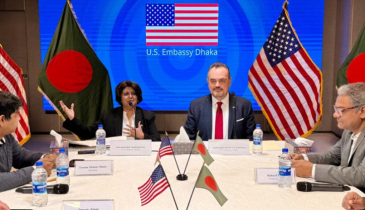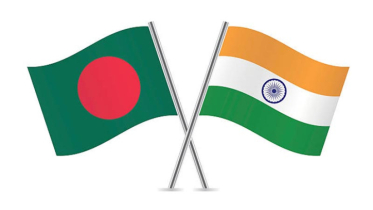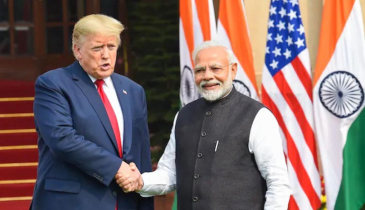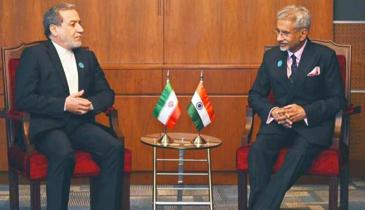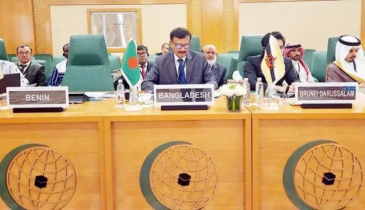India braces for export hit as US imposes steep new tariffs from Wednesday
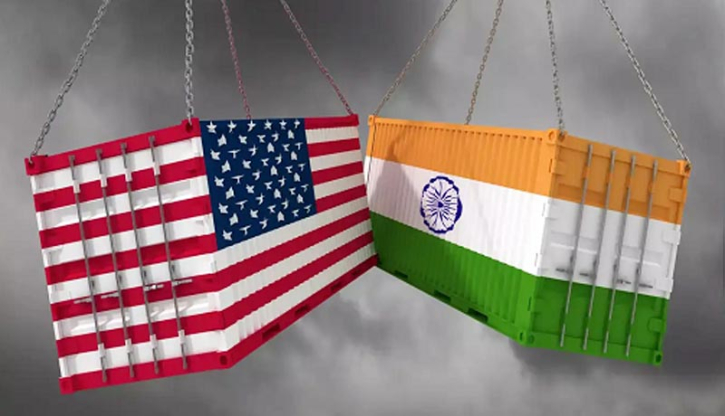
India’s exporters are preparing for a heavy blow as Washington moves ahead with sharp tariff hikes on Indian goods, set to take effect from Wednesday.
A notification from the US Department of Homeland Security confirmed that Indian-origin products will be subject to an additional 25% duty, raising overall tariffs on some items to as high as 50% — one of the steepest rates ever imposed on New Delhi.
The decision follows US President Donald Trump’s announcement earlier this month, declaring extra penalties in response to India’s growing imports of discounted Russian crude oil. Washington argues that New Delhi’s purchases indirectly help fund Moscow’s military operations in Ukraine, despite repeated Indian claims that its energy policy is based on national interest and market stability.
According to the US Homeland Security notice, the tariffs will apply to all Indian goods entering the US for consumption or cleared from bonded warehouses starting 12:01 am EDT Wednesday (9:31 pm IST). Exceptions will be made for shipments already in transit with proper documentation, humanitarian aid, and goods covered under specific trade partnership programs.
The announcement immediately weighed on financial markets, with the Indian rupee slipping 0.17% to 87.73 against the dollar in opening trade, even as the greenback weakened globally. Exporters fear widespread disruptions in sectors such as textiles, processed foods, leather, gems and jewelry, and marine products — industries that depend heavily on US demand.
Officials at India’s Commerce Ministry privately acknowledged that New Delhi does not expect any short-term relief or exemption from Washington. “The government has no hope for any immediate delay in US tariffs,” one official said on condition of anonymity, adding that financial assistance packages and incentives are being readied to help affected exporters redirect goods to alternative markets in Asia, Latin America, and the Middle East.
Prime Minister Narendra Modi, while defending India’s stance, reiterated that his government will not compromise the interests of Indian farmers and small producers even if the economy faces setbacks. At the same time, Modi is looking to ease broader regional tensions, with his first visit to China in seven years scheduled for the end of this month — a move analysts say may signal New Delhi’s intent to balance relations amid worsening trade friction with Washington.
Analysts warn that the tariffs could trigger retaliatory measures from New Delhi, potentially escalating into a full-blown trade rift at a time when global supply chains remain under strain from geopolitical conflicts.
.png)


